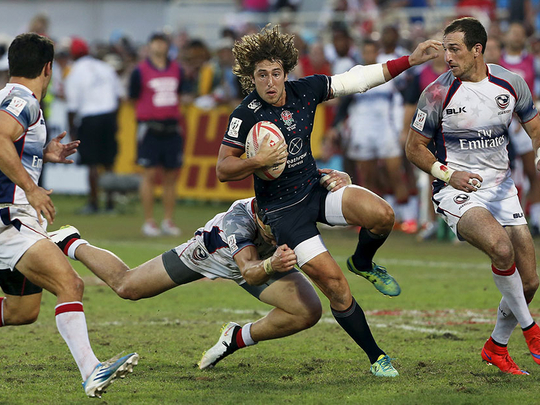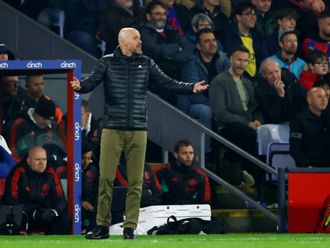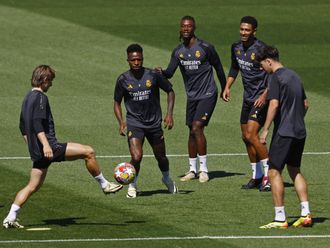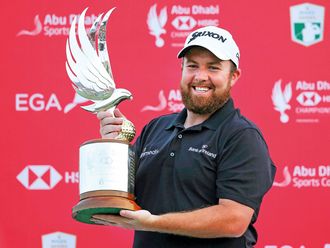
Abu Dhabi: Rugby bosses will strive to make the 2019 Rugby World Cup “more balanced” for lesser nations, but insist the recent edition’s schedule was not unfair to so-called minnows.
Brett Gosper, the Chief Executive Officer of World Rugby, told ‘Gulf News’ that the recent showpiece had been “the fairest World Cup we’ve had in terms of rest days”.
Critics had cited examples of supposed inequity such as tier-two nation Japan having to play Scotland in the group stage just 94 hours after their shock 34-32 defeat of South Africa.
But Gosper, during a visit to this weekend’s Emirates Airline Dubai Rugby Sevens, said: “We don’t think it worked against the so-called minnows — and I’m not sure I’d categorise Japan as a minnow.
“Actually Japan had the highest amount of rest days of any nation at the Rugby World Cup. There was a swings-and-roundabout effect that some of the teams, tier one or tier two, had shorter rest days. Japan had a bit of a shorter rest time after their victory over South Africa as they went into the next game against Scotland.
“But that was the case for all teams. There were some shorter periods of rest days and some longer periods.”
“Overall, it was the fairest World Cup in terms of rest days that we’ve had,” the Australian added. “We will continue to work hard at the next World Cup and, if it’s possible to make it more balanced, we will.
“It’s a case of reconciling a lot of different elements in that timetable, including broadcasting commitments, so it’s quite a logistical puzzle you have to solve.
“But I think we did a good job. The fact that the average winning margins came down between tier one and tier two sides from 36 points to 30 was partly due to a very equitable schedule for the tier twos.”








